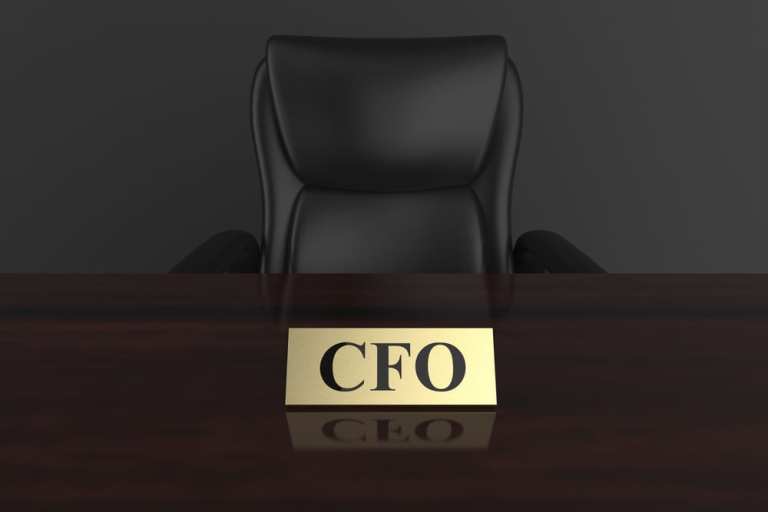Accounting Background No Longer Needed For CFO Jobs

Having an accounting background is no longer a must for a company’s chief financial officer (CFO), according to a report by The Wall Street Journal.
For example, when directors of Hannon Armstrong Sustainable Infrastructure Capital were looking for someone to fill the role, they were more worried about hiring someone who had experience with raising debt and equity, and they didn’t care if the person was a former accountant.
“It was almost counterintuitive, almost backwards,” said Steve Osgood, a board director at Hannon Armstrong. “But that freed us up to get a capital-markets-focused CFO.”
Traditionally, CFOs come from accounting, and they’re known as people who can handle financing strategy, cost management, reporting needs and standards of accounting.
Last year, the number of CFOs who were certified public accountants dropped 36 percent, which is the lowest since the data was recorded. That number is down from 46 percent in 2014, according to figures by organizational consulting firm Korn Ferry.
“Technical accounting is becoming a smaller percentage of the job,” said Andrej Suskavcevic, a chief executive at Financial Executives International.
After the 2002 Sarbanes-Oxley Act, companies would pick chief accounting officers as finance chiefs. But the financial crisis made companies look for CFOs who were strategy-focused and promoted transparency.
The role of a CFO has changed over the years, and the job has gotten more complex, which means that it needs a tighter focus of expertise.
“There’s no way a CFO can truly be a technician in all areas,” said Chris Stansbury, CFO of Arrow Electronics.
Chief accounting officers and controllers are more likely to handle the work of accounting.
That work is also changing as technology takes accountants from number-crunchers to strategic advisors. They have the opportunity to employ automation, which can give them time to focus on more strategic initiatives.
Hannon Armstrong picked Jeff Lipson as its new CFO. He has a background in debt and equity securities, but he isn’t an accountant.
Osgood said that the company’s chief accounting officer would take care of the books as well as research the consequences of new transactions.